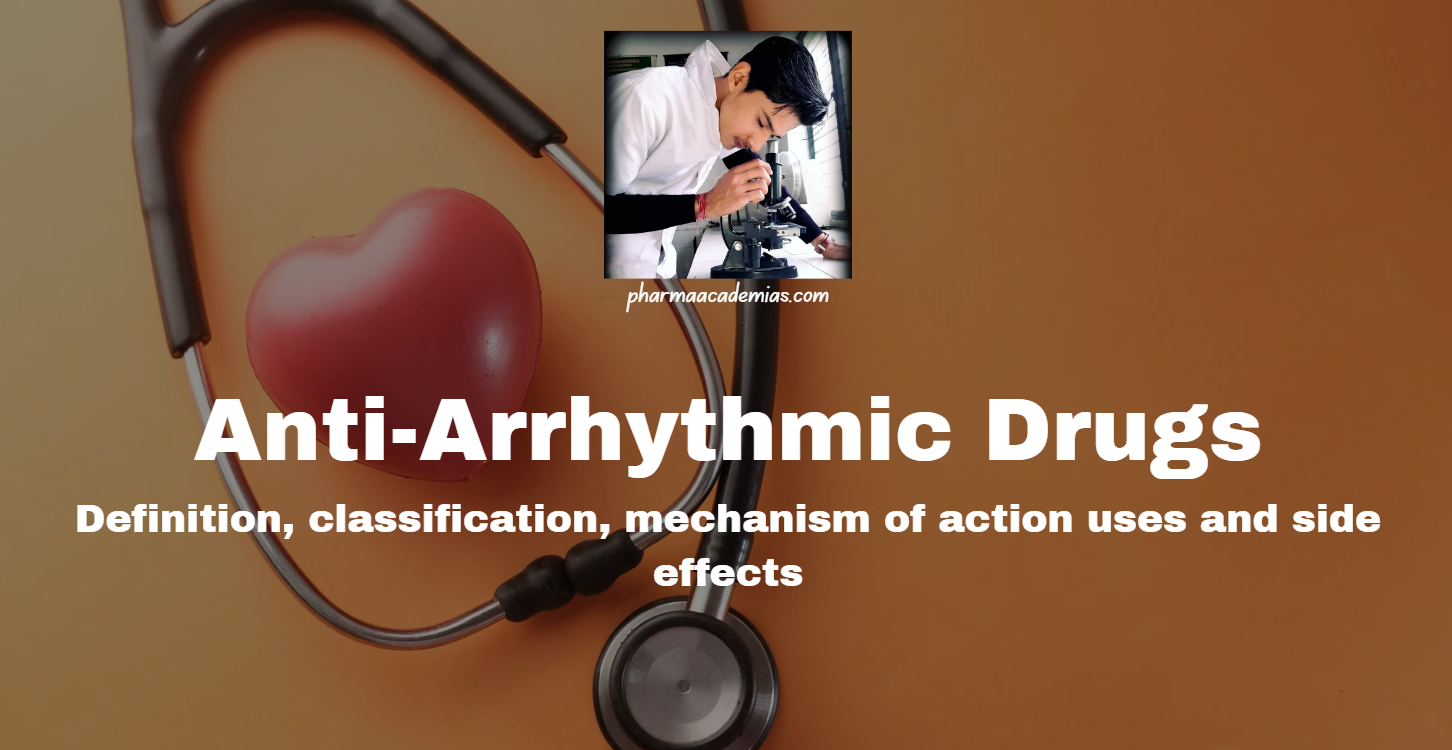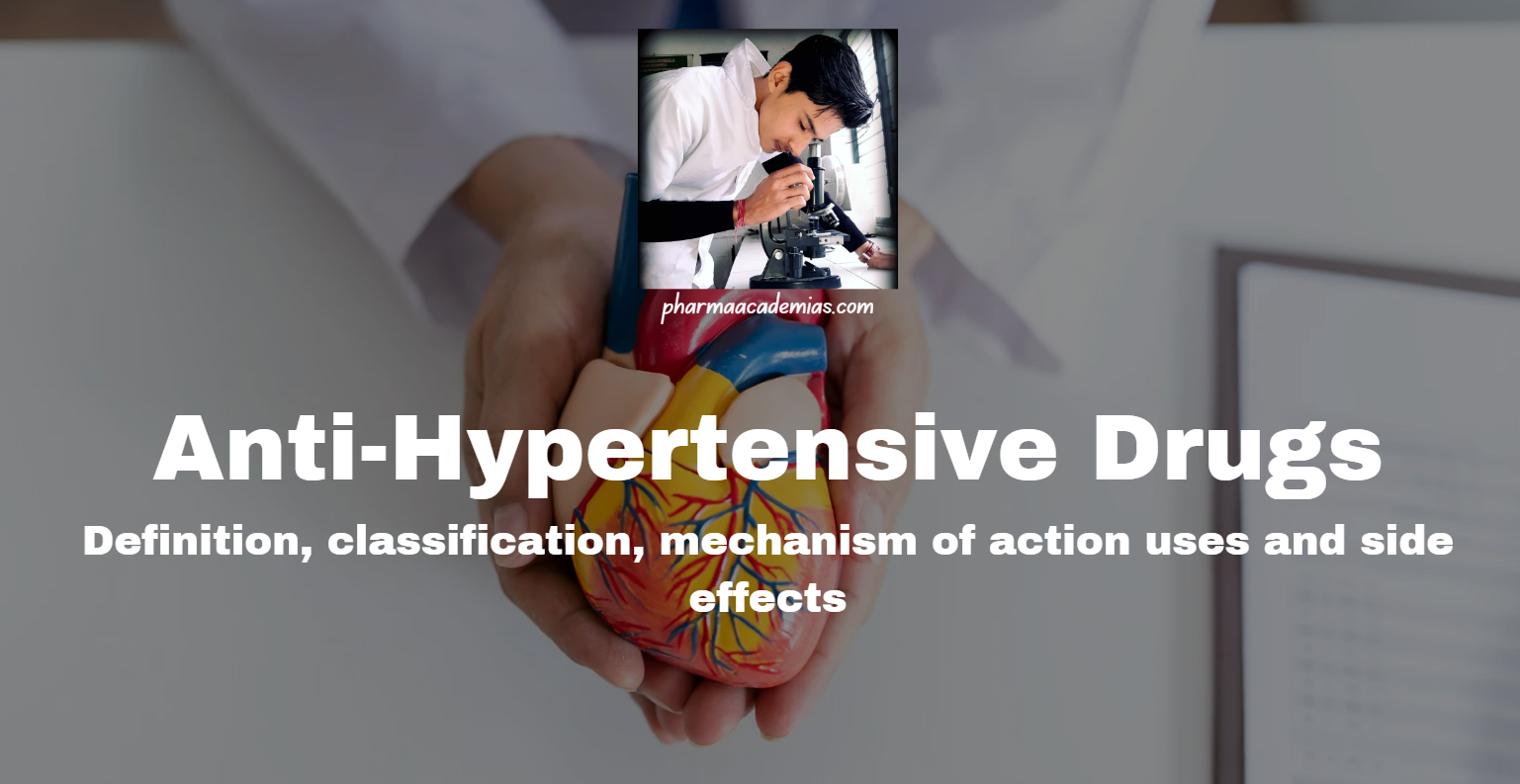Anti-Arrhythmic Drugs: Definition, classification, mechanism of action uses and side effects.
Arrhythmias are disorders of the heart rhythm, which can range from benign to life-threatening conditions. Anti-arrhythmic drugs are used to treat and prevent these rhythm disturbances by modifying the electrical activity of the heart. Introduction Anti-arrhythmic drugs are medications designed to treat abnormal heart rhythms. They work by altering the electrical impulses in the heart, … Read more










